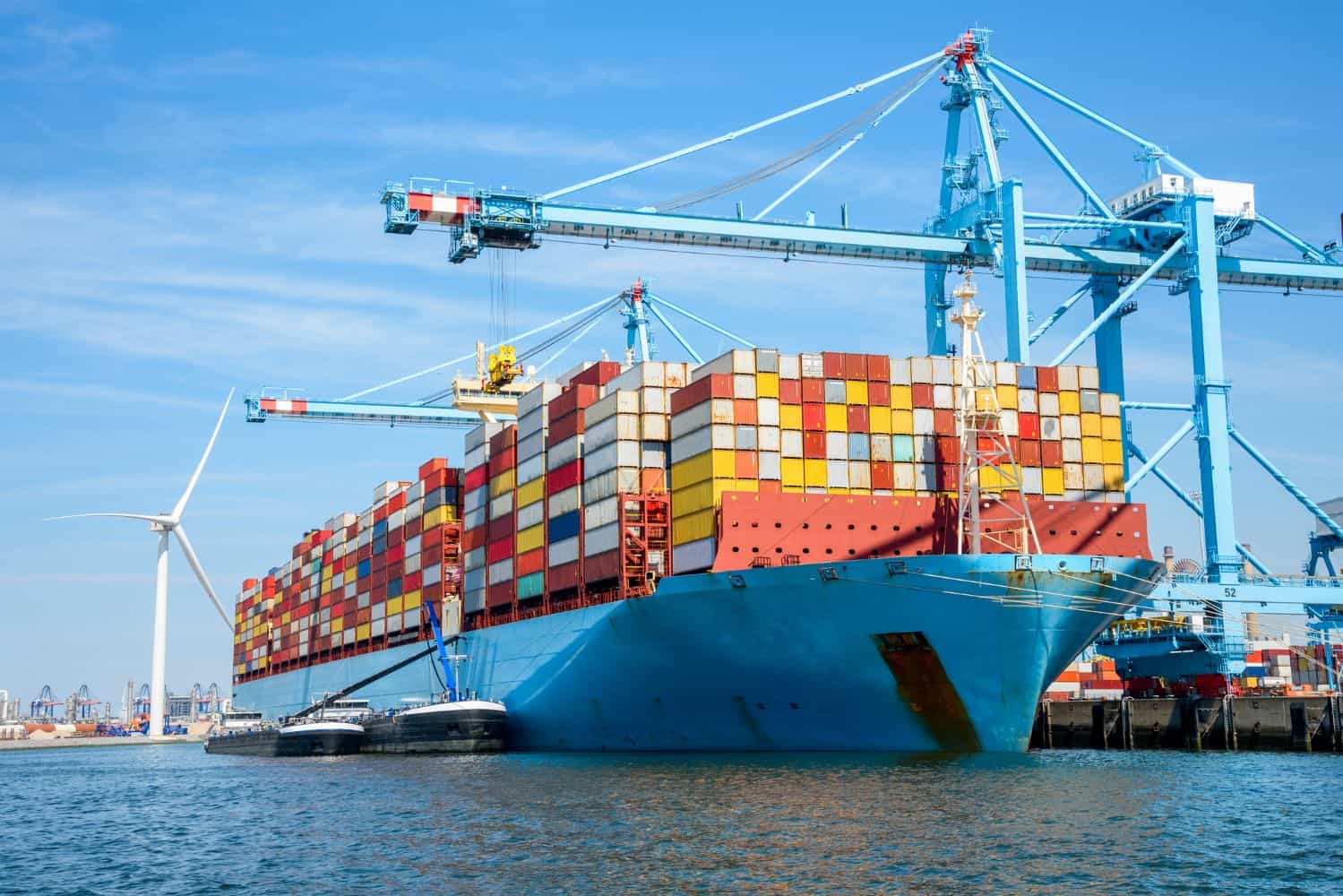Criticism mounts over SA government’s inability to secure a better trade deal with the US.

The South African Chamber of Commerce in the USA (Saccusa) says SA’s position as a gateway for US companies into Africa is now at risk and expressed ‘grave concern’ at the government’s inability to secure a trade deal or exemption from the 30% tariffs imposed on a wide range of SA goods entering the US.
The sectors hardest hit by the new tariffs – which kicked in on 7 August – are manufacturing, citrus, wine, steel, automotive parts, agricultural processing and textiles.
Saccusa is the latest of several business bodies to criticise government’s handling of the trade talks.
In a statement issued on Thursday, the chamber said it had received reports from exporters experiencing cancelled contracts, delayed shipments, and rising warehousing costs due to new customs hurdles and diminished price competitiveness in the US market.
“Small and medium-sized South African-owned businesses operating in the US have also reported being forced to reassess their viability in light of reduced margins.
“Saccusa is actively working to connect these companies with business sustainability and trade advisory services, as well as new buyer networks and alternative market entry points within the Americas and beyond,” the Chamber’s statement said.
ALSO READ: US tariff an existential threat for a third of metals and engineering sector
Urgent action needed
The Steel and Engineering Industries Federation of Southern Africa (Seifsa) says its members stand to lose $1.8 billion (R32.4 billion) in export sales due to the new 30% tariffs and the existing 50% tariffs on steel. SA steel exporters are now at risk of losing market share in the US to countries like Indonesia, which secured lower tariffs.
Business organisations including Business Unity SA (Busa) and Business Leadership SA (BLSA) have called for urgent action by government to mitigate the impact of the new tariffs.
With traditional diplomatic channels failing to secure a reprieve from the tariffs, the burden of engagement has shifted toward the private sector, says Saccusa, adding that it is mobilising its extensive diaspora network, business associations, and corporate partners to raise awareness of the impact of the tariffs in the US.
The chamber says it aims to build coalitions across industry sectors and engage US legislators and policy influencers to highlight the contributions made by SA to the US economy.
“The recent telephone engagement between President Cyril Ramaphosa and President Donald Trump, during which both leaders committed to continued dialogue, represents a modest but essential step in resolving the impasse,” says Saccusa.
“However, the lack of a concrete suspension or exemption has left thousands of South African jobs and livelihoods hanging in the balance.”
The chamber says both governments must recommit to the principles of fair, rules-based trade and prioritise economic cooperation politics.
At the same time, SA industry must seize the moment “to innovate, collaborate, and realign its global trade strategies.”
ALSO READ: As if US tariff is not enough, more bad news for South African exporters
SA sets up ‘export support desk’
Speaking to Moneyweb’s Jeremy Maggs on Thursday, spokesperson to the minister of Trade Industry and Competition, Kaamil Ali, said government had done extensive work to avert any crisis arising from the US tariffs, including establishing an export support desk.
“Our first prize was always, and remains, a better deal with the US government,” said Ali. “We still believe that our historic trade relationship with the US and what we have offered, and the offer that we put on the table, provides mutually beneficial trade terms for both the US and South Africa.
“Be that as it may, it is the seventh today and we’re still awaiting a response from the US on our trade deal.”
The export support desk has been receiving calls primarily from exporters of fresh agricultural produce with a short shelf life. Any produce on the water and sailing to the US will be allowed entry without being subject to the new tariffs.
ALSO READ: Devastating impact of US tariffs on SA automotive sector even before implementation
Saccusa says the tariff crisis underscores the need for SA to foster better relations with its biggest trade partners and urges SA companies to persist in exploring commercial opportunities in North America. “Through existing and emerging free trade agreements – including the African Continental Free Trade Area (AfCFTA) – there are new opportunities to expand market access,” it says.
Many other countries hit with higher US tariffs have received a similar wake-up call and are now exploring markets outside of the US, given the potential for disruption to markets cultivated over years.
Saccusa says it supports calls for structural reforms aimed at reducing red tape, enhancing investment incentives, and accelerating industrial development.
“A coordinated domestic response is vital not only to manage the immediate fallout but also to position South Africa as a resilient, agile economy capable of adapting to shifting global trade dynamics,” it says.
This article was republished from Moneyweb. Read the original here.






